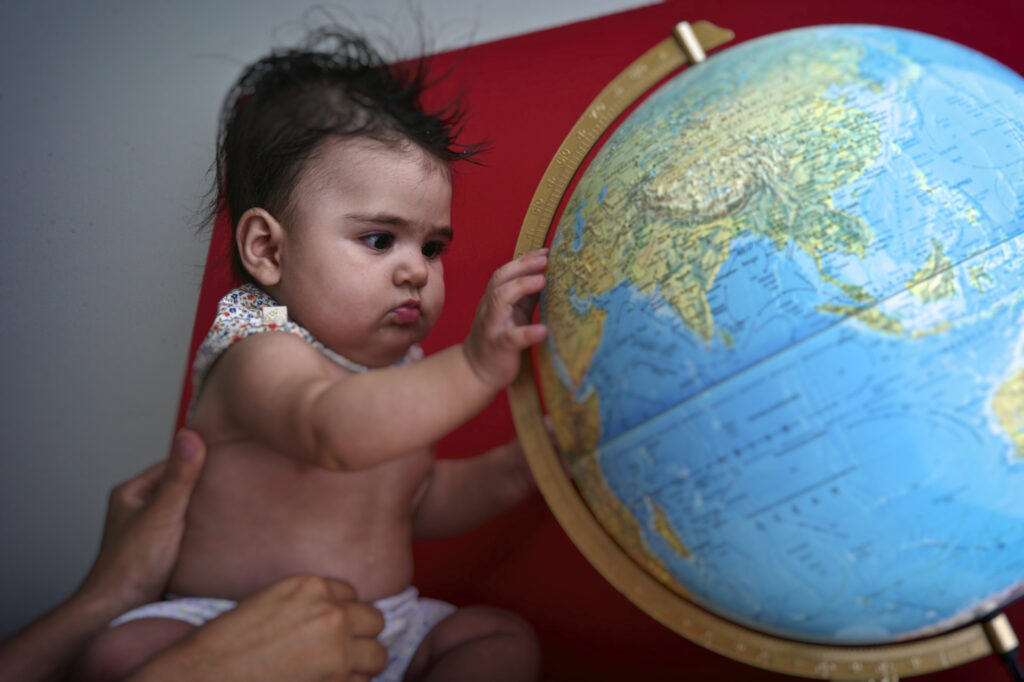International adoptions to the United States have fallen to a record low, marking a 94 percent decline since their peak in the early 2000s.
2023 was the lowest year for international adoptions, according to the Pew Research Center’s analysis based on U.S. State Department data.
Why it Matters
The collapse in international adoptions represents a significant shift in how children without parental care are placed and cared for worldwide. While once considered a humanitarian solution, foreign adoptions are now more tightly regulated under international frameworks like the 1993 Hague Convention, which emphasizes a child’s right to remain in their country of origin where possible.
For example, Russia barred Americans from adopting Russian children in 2013 and expanded those restrictions to the rest of the world in 2024.
Ethiopia stopped allowing foreign adoptions in 2018, China banned them in 2024 and South Korea announced plans this year to end all private international adoptions following a probe into irregularities. Guatemala halted international adoptions in 2008 amid allegations of child trafficking.
What To Know
The peak of foreign adoptions was in 2004, when almost 23,000 foreign-born children joined U.S. families via adoption. The number fell to just 1,275 adoptions in 2023, according to U.S. State Department data.
International adoptions have declined yearly since 2004, mirroring similar falls in countries such as Canada, France, Italy, and Spain.
This is largely because the countries that historically represented the largest sources of adoptee—China, Russia, Guatemala, South Korea and Ethiopia—have taken steps to limit international adoptions.
China accounted for 29 percent of all adoptions since 1999, Russia accounted for 16 percent, Guatemala 10 percent, South Korea 8 percent and Ethiopia 6 percent.
The decline is not isolated to the U.S.; major adoption countries across Europe and North America are also seeing dramatic drops. France, for instance, saw international adoptions plummet 97 percent from 2004 to 2024.
Rising costs and bureaucracy are also factors. The cost of international adoption jumped from a median of $6,000 in 2008 to over $30,000 in 2018, according to the Institute for Family Studies.
What People Are Saying
The Head of International Surrogacy and Adoption and Wilson Solicitors LLP, Amna Khaliq, told British newspaper Metro.co.uk in 2020: “Not all countries are open for adoption. You will have countries which either prevent adoption from happening overseas or are not on the UK’s list of countries where they will allow adoptions to take place due to the concerns about the processes of the country.”
American conservative commentator and author Naomi Schaefer Riley wrote for an essay on the topic in 2020: “The bureaucratic headaches and expenses have multiplied… Given the difficulties and costs of international adoption, agencies… have decided to cease their international adoption programs.”
Celebrity Adoptions: Changing Narratives
High-profile celebrity adoptions drew public attention to international adoption’s possibilities and challenges. Pop icon Madonna became the subject of extensive media coverage due to her adoption of children from Malawi, highlighting both the visibility and controversy surrounding international adoptions.
Critics raised questions about whether celebrities received special treatment or skirted laws intended to protect children, and governments were sometimes pressured to scrutinize or restrict foreign adoptions more closely.
What Happens Next
International adoptions to the U.S. are likely to remain low as more countries restrict foreign adoptions and domestic placements increase in many origin countries.
Adoption agencies, such as Bethany Christian Services, have shifted focus to supporting children in their countries of birth or prioritizing domestic adoptions. Efforts to balance the need for ethical oversight with the desire to provide homes for children will continue to shape international adoption policy.
Meanwhile, international surrogacy—a separate practice not regulated under the Hague Convention—is reportedly increasing, raising new legal and ethical questions, according to the Pew Research Center.
Read the full article here

















